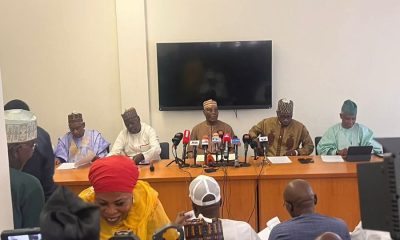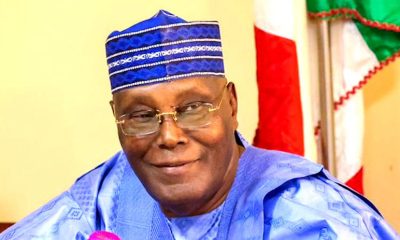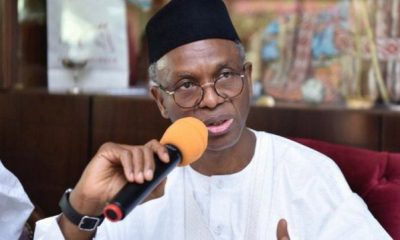National
Presidency Clarifies Reports On Electricity Tariff Increase
By Benjamin Abioye

The presidency has denied reports of a 65% electricity tariff increase, stating its focus is on improving power supply and protecting the vulnerable.
The special adviser to the president on energy, Olu Arowolo Verheijen, clarified that the government remains committed to improving the power sector while protecting vulnerable citizens from excessive costs.
In a statement on Monday, Verheijen explained that her previous comments had been misrepresented. She stated that current electricity tariffs cover about 65 percent of the actual supply cost after an increase in Band A tariffs in 2024. However, she emphasized that the government still subsidizes the remaining cost.
“It has become necessary to clarify media reports suggesting an imminent 65 percent increase in electricity tariffs. This is a misrepresentation of what I actually said in a recent press interview.
“While the government is committed to ensuring fairer pricing over the long term, the immediate focus is on taking decisive action to deliver more electricity to Nigerians, ensure fewer outages, and guarantee the protection of the poorest and most vulnerable Nigerians,” Verheijen stated.
As part of ongoing reforms, the government has outlined key priorities to improve the power sector, including metering, targeted subsidies, debt resolution, and alternative power generation.
One major initiative is the Presidential Metering Initiative (PMI), which aims to distribute 7 million prepaid meters across the country this year. According to Verheijen, this initiative will eliminate estimated billing, a long-standing issue that has forced many households to pay arbitrary electricity costs.
“The rollout of smart meters is expected to enhance transparency in billing, give consumers confidence in what they are paying for, and improve revenue collection across the power sector.
“Metering will attract the investments needed to strengthen Nigeria’s power infrastructure,” Verheijen said.
Another important reform is the introduction of targeted electricity subsidies to ensure that financial support reaches low-income households rather than benefiting wealthier citizens.
The government revealed that it currently spends over ₦200 billion per month on electricity subsidies, with a significant portion benefiting the richest 25 percent of the population.
“To address this, the Federal Government is working towards a targeted subsidy system to ensure that low-income households receive the most support,” Verheijen said in denying claims that the presidency had sanctioned electricity tariff increase in Nigeria.
Send Us A Press Statement Advertise With Us Contact Us
And For More Nigerian News Visit GWG.NG













